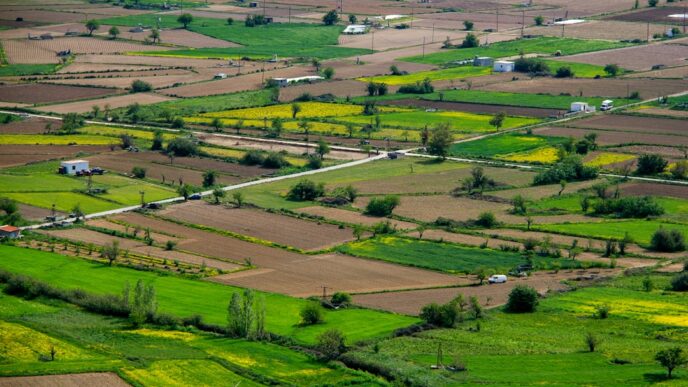As climate change continues to dominate discussions around global economic paradigms, a new trend is emerging within the travel sector: eco-tourism. This movement isn’t merely about enjoying nature; it’s a robust economic model that intertwines environmental sustainability with local economic growth. Countries like Costa Rica and New Zealand exemplify how prioritizing eco-friendly travel can enhance both economic resilience and community welfare.
In recent years, Costa Rica has positioned itself as a leader in eco-tourism, leveraging its rich biodiversity and commitment to sustainability. The nation has implemented policies that encourage both local entrepreneurship and conservation efforts. The result? A thriving industry that has drawn tourists seeking immersive experiences in nature, while simultaneously fostering economic opportunities for indigenous communities. By promoting eco-lodges, wildlife sanctuaries, and guided tours through rainforests, Costa Rica’s tourism sector exemplifies how eco-tourism can stimulate local economies without compromising natural resources.
Similarly, New Zealand has harnessed its stunning landscapes to promote eco-friendly travel experiences. The government has invested in green infrastructure and sustainability initiatives, positioning the country as a must-visit destination for environmentally conscious travelers. The result has been a significant uptick in visitor spending, with eco-tourism accounting for over $1 billion in revenue. This influx not only supports local businesses but also reinforces the idea that preserving nature can be economically beneficial.
However, the growth of eco-tourism is not without its challenges. Critics argue that without proper regulations, the influx of tourists can lead to environmental degradation. For example, the fragile ecosystems of the Galápagos Islands are under continuous threat from tourist activities. The lesson here is clear: while eco-tourism has the potential to drive economic growth, it must be carefully managed to prevent the very environmental issues it seeks to counteract.
The financial implications of eco-tourism extend beyond immediate revenue generation. By focusing on sustainability, countries can attract a demographic that is increasingly willing to pay a premium for eco-friendly experiences. A 2022 survey indicated that 73% of millennials are willing to spend more on sustainable travel options. This shift in consumer behavior reflects broader societal changes, where individuals prioritize ethical considerations in their spending decisions. As such, governments and businesses that adapt to these preferences stand to gain a competitive edge.
In addition to the direct financial benefits, eco-tourism provides an opportunity for greater social equity. By creating jobs in underserved communities and promoting local crafts and products, eco-tourism can help bridge economic disparities. For instance, in rural areas of Costa Rica, local artisans have flourished by catering to eco-tourists, showcasing their crafts and cultural heritage. This empowers communities, allowing them to preserve their way of life while benefiting from the economic opportunities that eco-tourism presents.
As the world grapples with the consequences of climate change, eco-tourism stands as a beacon of hope. It not only offers a solution to the environmental crisis but also presents a new economic model that promotes inclusivity and sustainability. Countries willing to embrace and promote this paradigm shift will likely benefit from a resilient economy rooted in ethical practices and community empowerment. The travel industry, when aligned with environmental stewardship, can pave the way for a more equitable and sustainable future for all.













